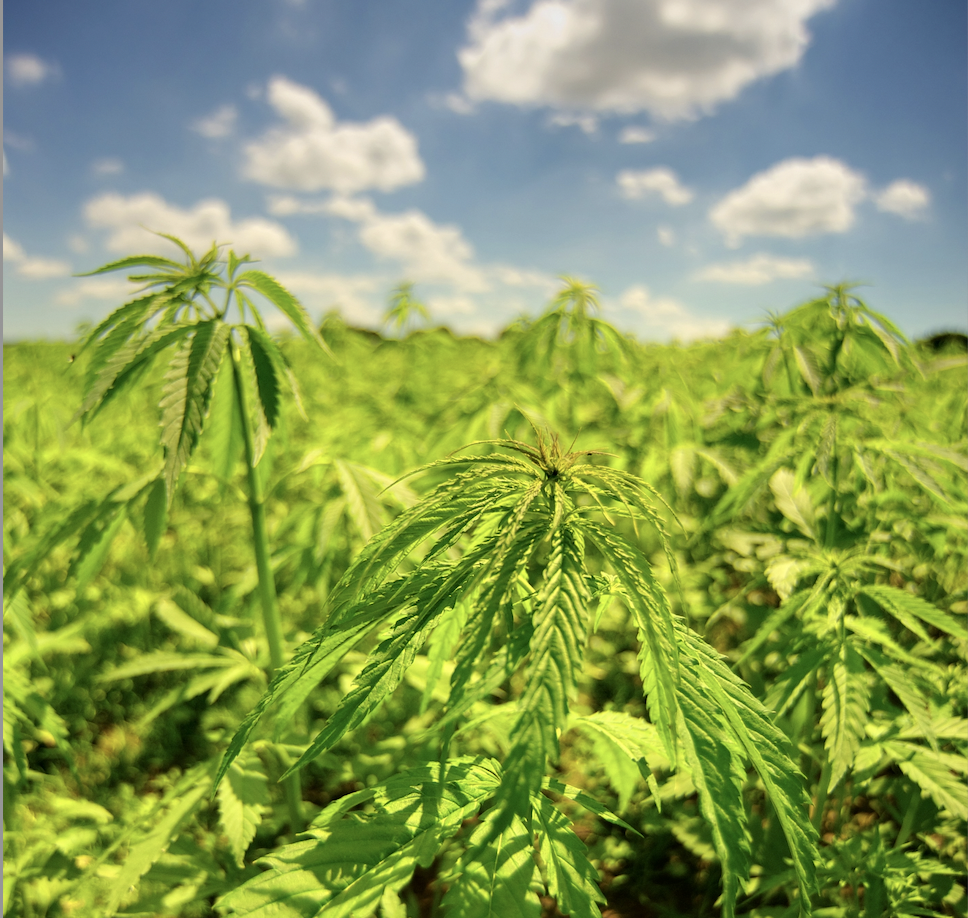In a recent move that has stirred controversy and concern among cannabis enthusiasts and advocates, the Florida Legislature has made significant changes to regulations surrounding hemp-derived products via Senate Bill (SB) 1698. The new legislation targets both Delta-8 THC products and places caps on THC levels in hemp-derived products, creating a significant roadblock for consumers and advocates alike.
Delta-8 THC Ban
One of the most disputed aspects of SB 1698 is the ban on Delta-8 THC products. Delta-8 THC, a cannabinoid derived from hemp, has gained popularity in recent years for its psychoactive effects, which are often described as milder than those of traditional Delta-9 THC found in marijuana. Despite its legal status under federal law, Delta-8 THC has faced scrutiny from lawmakers and law enforcement due to its psychoactive properties. It is currently outlawed in 17 states and severely restricted in seven more even though it is commonly used for chronic illnesses.
Florida’s decision to outlaw Delta-8 THC products raises questions about the state’s views on hemp-derived cannabinoids. Critics argue that banning Delta-8 THC deprives consumers of a potentially safer alternative to traditional cannabis products, while proponents of the ban raise concerns about public health and safety. Proponents also argue the legislature should pass a law to regulate Delta-8 THC rather than ban it altogether in order to promote regulation and safety for consumers. Without regulation, some consumers say they will be forced to seek help from drug dealers, risking their health and safety for pain relief.
THC Caps: What Does It Mean for Consumers?
In addition to banning Delta-8 THC products, the Florida Legislature has implemented caps on the THC levels allowed in hemp-derived products. Under the new regulations, hemp-derived products, including CBD oils and edibles, cannot contain more than 0.3% THC by weight or does not exceed 5 milligrams per serving and 50 milligrams per container on a wet-weight basis, whichever is less.
This limitation aims to ensure that hemp-derived products remain compliant with federal guidelines while addressing concerns about the effects of these products. These THC caps have sparked debate within the hemp and cannabis industry, with some stakeholders expressing concerns about the potential impact on product quality and consumer access. While proponents argue that THC caps promote safety and regulatory compliance, critics warn that overly restrictive regulations could stifle innovation and limit consumer choice.
What’s Next?
The Florida Legislature’s decision to ban Delta-8 THC products and impose THC caps on hemp-derived products reflects the ongoing debate surrounding cannabis legalization and regulation. As the hemp and cannabis industry continues to evolve, policymakers face the challenge of balancing public health and safety concerns with the demand for access to diverse cannabis products.
Moving forward, stakeholders in Florida’s hemp industry will need to navigate and adapt to new requirements. Whether these regulations will effectively address concerns about public health and safety or hinder the growth of the hemp industry remains to be seen. In the meantime, consumers and businesses alike will be watching closely for developments in Florida’s cannabis policies.
Conclusion
Florida’s recent actions to ban Delta-8 THC products and impose THC caps on hemp-derived products signal a significant change in the state’s approach to cannabis regulation. While proponents argue that these actions promote public health and safety, critics raise concerns about their potential impact on consumer choice and safety as well as industry innovation.
As Florida’s hemp industry navigates these new regulations, it remains to be seen how stakeholders will adapt and what implications these changes will have for the future of Florida’s cannabis industry. In sum, the debate surrounding cannabis legalization and regulation is far from over, and stakeholders on all sides will continue to advocate for their interests as the industry develops.
If you have questions concerning the changes in Florida’s hemp or cannabis market, contact our Team today!

